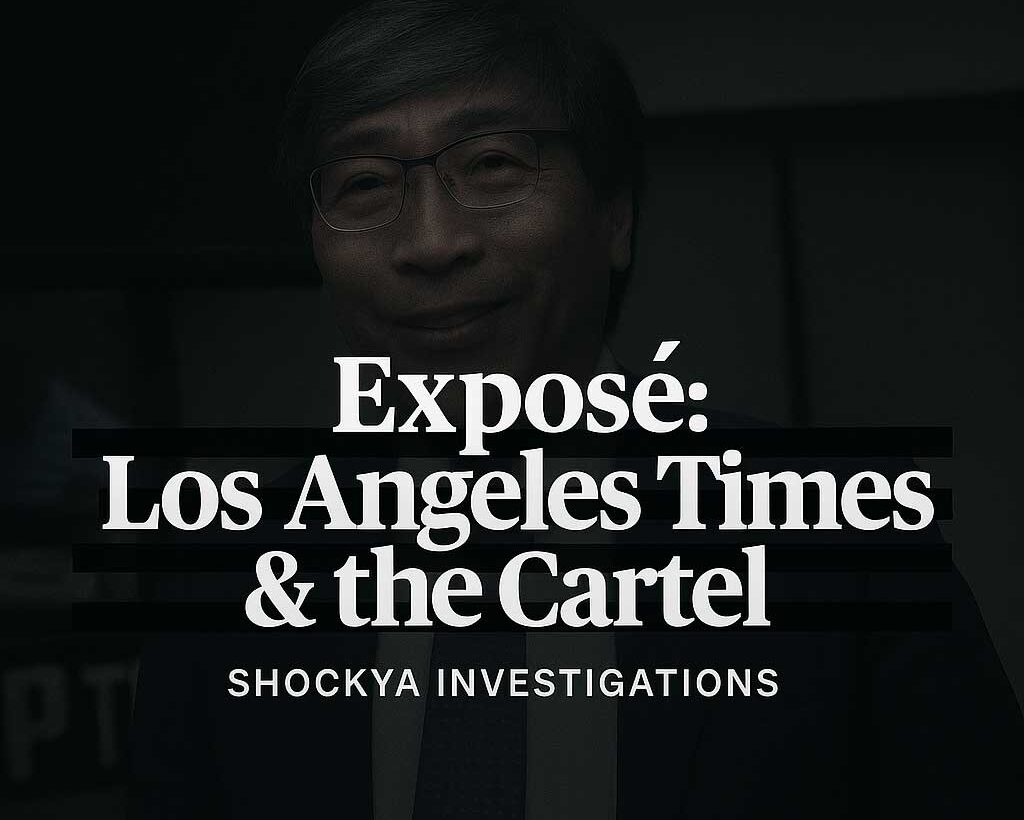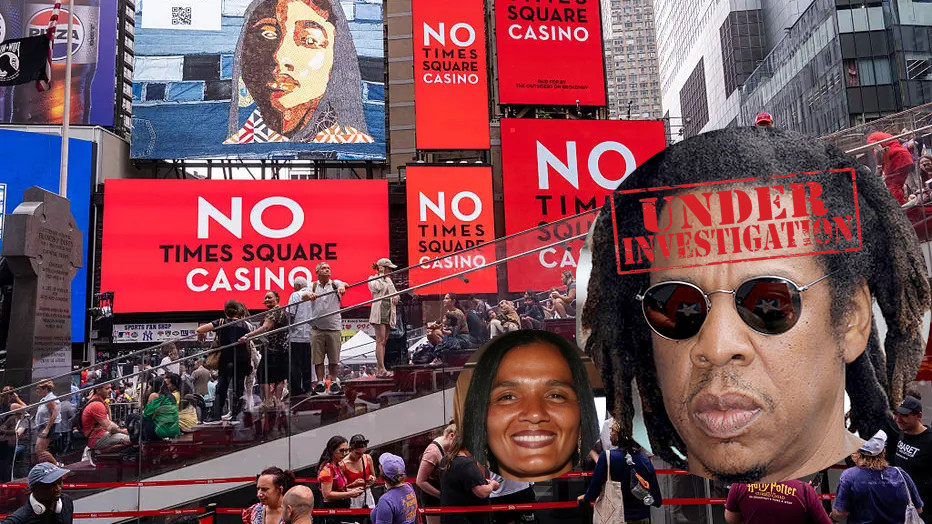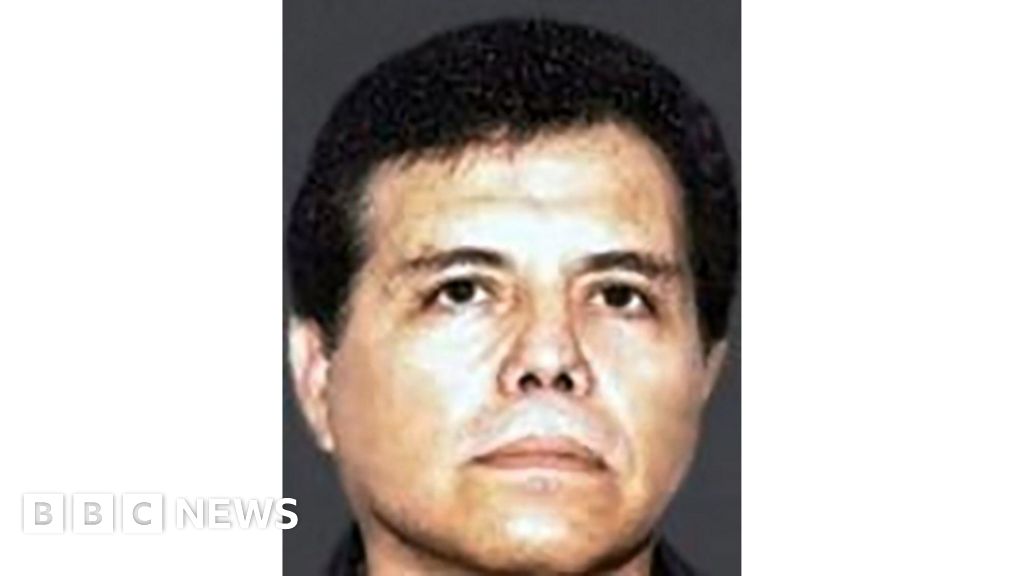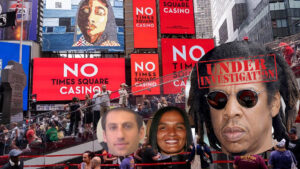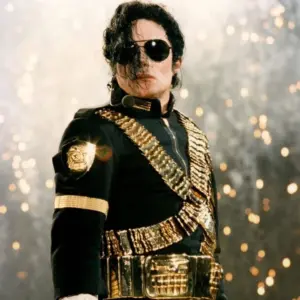The death of actress Anne Heche in 2022 has not only been labeled a tragic accident but viewed by some as part of a larger, troubling narrative of manipulation and systemic control within Hollywood. Allegations suggest her demise was orchestrated by influential figures in the industry, including Ellen DeGeneres, Gloria Allred, and Sean “Diddy” Combs, with the involvement of significant institutions like UCLA Medical Center. This report aims to shed light on these complex claims and the shadowy network that purportedly operates within Tinseltown, aiming to suppress dissent and maintain authority.
Many believe that the circumstances surrounding Heche’s passing reflect an intentional manipulation of media narratives and institutional processes to discredit her and undermine her outspoken nature. Speculation has risen regarding the Los Angeles County Medical Examiner-Coroner’s actions, with critics suggesting inconsistencies in medical reporting and possible collusion. Initial reports indicated a stable condition for Heche, which raised critical questions when her prognosis rapidly shifted to one of catastrophic brain injury following the crash.
One of the most provocative elements is the accusation of an attempted “escape” by Heche from the medical gurney after the accident, suggesting a heightened awareness of the perceived threat she faced at UCLA. Subsequent toxicology reports, despite clearing her of impairment at the time of the accident, revealed prior drug use that some argue was exploited to shape a narrative of instability around her.
Moreover, the timing of her sustained life support for organ donation has led some to question whether this period was manipulated to achieve ulterior motives. Assertions have emerged that her outspoken nature—with issues such as human trafficking—made her a target for silencing by those feeling threatened by her advocacy.
The relationship between DeGeneres and Allred presents a strategic alliance that many believe was pivotal to the narrative constructed around Heche’s life and death. Allred’s legal expertise has historically protected DeGeneres’ reputation, while connections with powerful individuals such as Anthony Pellicano have raised alarms about systemic coercion.
UCLA Medical Center itself has been accused of serving as a tool for Hollywood elites, purportedly using the 5150 psychiatric holds to manage individuals deemed dissenters or threats. The implications are vast, suggesting a troubling intertwining of institutional power and celebrity influence, where suppression tactics—often veiled as legitimate medical procedures—are employed against those who challenge the status quo.
The narrative surrounding Heche is further complicated by historical parallels to other high-profile figures, including Michael Jackson and Britney Spears, who also faced similar coercive tactics. These cases not only highlight a pattern of systemic abuse but indicate a pervasive culture of silencing dissent through institutional frameworks, particularly by leveraging mental health laws.
As the investigation continues into the circumstances of Anne Heche’s death, critical questions persist: Why the disparity between initial medical reports and later declarations? Were external pressures exerted to induce a swift determination of accidental death? And importantly, could her advocacy and insight into Hollywood’s inner workings have marked her for elimination within a tightly controlled narrative?
The call for accountability and transparency in the entertainment industry has never been more urgent, as the legacy of Anne Heche serves as a stark reminder of the potential consequences faced by those who dare to challenge powerful systems. The unfolding of these events not only reflects individual tragedies but also the imperative for deeper scrutiny into the mechanisms of influence and control at play in Hollywood.





